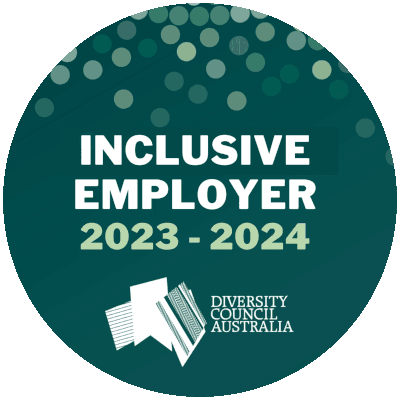In a speech last Wednesday at the UN Women’s annual breakfast Prime Minister Anthony Albanese put the onus on men to ‘step up’ to address the domestic and family violence crisis gripping this country. In his talk he highlighted that it’s not up to women to solve the crisis.
It’s up to men.
For 30 years, No to Violence has been working with men who use violence to help them take responsibility and change their behaviour. We were pleased to see the PM acknowledging that ending the epidemic of violence comes down to men taking responsibility for their actions and attitudes.
The Commonwealth’s own National Plan to End Violence against Women and their Children (2022-32) has identified that working with men who use violence to hold them to account is critical to ending family violence within a generation. The Prime Minister made it clear in his speech last week that we also need to reinvent our approach to prevention.
Understanding toxic masculinity and how it is connected to violence
Jesuit Social Services recently released the much-anticipated second edition of its ‘Man Box’ research from its ‘Men’s Project’. The research explores men’s perceptions of and belief in masculine norms, and how this relates to violence against women.
It backed up what we already know: that men with rigid and unhealthy attitudes are more likely to have used violence, sexually abused their partner or sexually harassed women.
It’s critically important that we understand men’s perceptions of masculinity and how this can be a driver of violence, including within families and intimate relationships. But we also need to do more to work with those who use violence or are at risk of using violence at every stage.
The PM acknowledged in his speech that men who perpetrate violence as adults are more likely to have experienced violence as a child. To make genuine progress towards ending family violence we must actively tackle intergenerational violence and build tailored, evidence-based interventions to support kids coming out of violent homes to have healthy relationships as they grow into adults.
Calling for funding to build a strong sector
Our men’s intervention sector is doing truly fantastic work by holding men accountable for their use of violence and starting them on their journey to change. But chronic underfunding and the way services are commissioned leaves little room for evaluation, innovation, research, and a fit-for-purpose service system capable of supporting every man who needs it.
The sector is fragmented and no longer able to cope with ongoing and increasing demand. We’ve got members across the country telling us they have people waiting six months or more to access family violence programs. This poses danger to themselves, their families and their communities.
The Government has shown leadership in this area by appointing Australia’s first Domestic, Family and Sexual Violence Commissioner, Micaela Cronin in 2022. Late last year we co-hosted a national round-table with the Commissioner on men, healthy masculinity and domestic, family and sexual violence, where leaders from across different sectors came together to develop national strategies to support men to be actively involved in the social, cultural and attitudinal change required to end gender-based violence in Australia.
It’s vital that this important work be further developed and supported by the Commonwealth, States and Territories. At least 63 women were killed by violence in Australia last year, and already this year a further seven women have lost their lives. It’s critical that we move quickly.
We need targeted and sustainable funding to build a strong and effective men’s intervention sector. And we need to invite and engage men to consider their behaviour and seek meaningful change. Only in this way can we significantly reduce incidents of violence, and provide safer households and communities for women, children and men.
By Phillip Ripper, CEO of No to Violence















